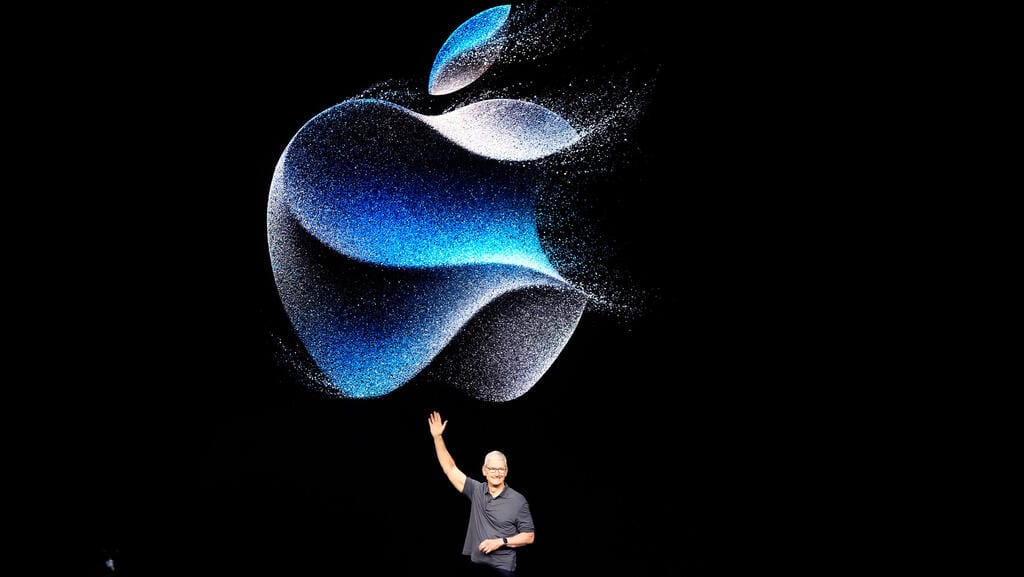Apple hit with $2 billion fine in Spotify-led antitrust case
Apple has disputed the EU's decision, announcing plans to contest it in court.

The European Union (EU) earlier today fined Apple Inc. €1.84 billion (about $2 billion) after an investigation found it guilty of silencing music-streaming rivals, including Spotify, on its platforms.
In a press release by the EU Commission, it shared that its investigation found that “Apple bans music streaming app developers from fully informing iOS users about alternative and cheaper music subscription services available outside of the app,” in addition to preventing app providers from sharing instructions on how to subscribe to such offers.
“Apple's conduct, which lasted for almost ten years, may have led many iOS users to pay significantly higher prices for music streaming subscriptions because of the high commission fee imposed by Apple on developers and passed on to consumers in the form of higher subscription prices for the same service on the Apple App Store,” the statement further read.
Today, @EU_Commission has fined @Apple 1.84 bn € for abusing its dominant position on the market for the distribution of #music #streaming #apps.
— Margrethe Vestager (@vestager) March 4, 2024
👉@Apple illegally restricted #app developers’ ability to inform #users about cheaper options to buy🎶, outside the🍏ecosystem.
The fine amount of €1.84 billion (about $2 billion) was arrived at by the EU Commission based on the “duration and gravity of the infringement” when setting the fine, as well as Apple’s total turnover and market capitalisation, while also factoring in “incorrect information” submitted by Apple during the administrative procedure.
The EU investigation began in 2020 after Spotify filed an anti-trust complaint against Apple’s 30% commission requirement (Apple Tax) on the App Store. Spotify also complained about App Store rules which restricted communications with its customers and limited its ability to market and promote deals.
Since the investigation began Apple's policies regarding external payment methods for iOS apps have undergone a gradual shift. In 2021 developers were allowed to inform users about alternative payment options outside the app, such as through email. The following year, a limited expansion allowed developers of specific apps (primarily for accessing digital content like Netflix, Kindle, or Spotify) to include links within their apps directing users to their websites for purchases. However, this required developers to obtain special permission from Apple.
Apple faces this fine as they implement significant changes to their app distribution system in the EU. These alterations aim to align with the Digital Markets Act (DMA), which takes effect on March 7th and will allow, for the first time, third-party app marketplaces on iPhones.
“This decision sends a powerful message—no company, not even a monopoly like Apple, can wield power abusively to control how other companies interact with their customers,” Spotify said in response to the ruling. “By requiring Apple to stop its illegal conduct in the EU, the EC is putting consumers first. It is a basic concept of free markets—customers should know what options they have, and customers, not Apple, should decide what to buy, and where, when and how.”
Apple has disputed the EU's decision, announcing plans to contest it in court. In a statement released on Monday, Apple said that the “decision was reached despite the Commission’s failure to uncover any credible evidence of consumer harm, and ignores the realities of a market that is thriving, competitive, and growing fast.”
The tech giant further shared that Spotify, which is the biggest beneficiary of the EU decision has been making money off the App Store without paying anything for the services provided by the App Store.
“Today, Spotify has a 56 percent share of Europe’s music streaming market — more than double their closest competitor’s — and pays Apple nothing for the services that have helped make them one of the most recognizable brands in the world. A large part of their success is due to the App Store, along with all the tools and technology that Spotify uses to build, update, and share their app with Apple users around the world.”
A final verdict from the Luxembourg-based General Court (Europe's second-highest court) is expected to take several years. In the meantime, Apple is obligated to pay the fine and adhere to the EU's ruling.






